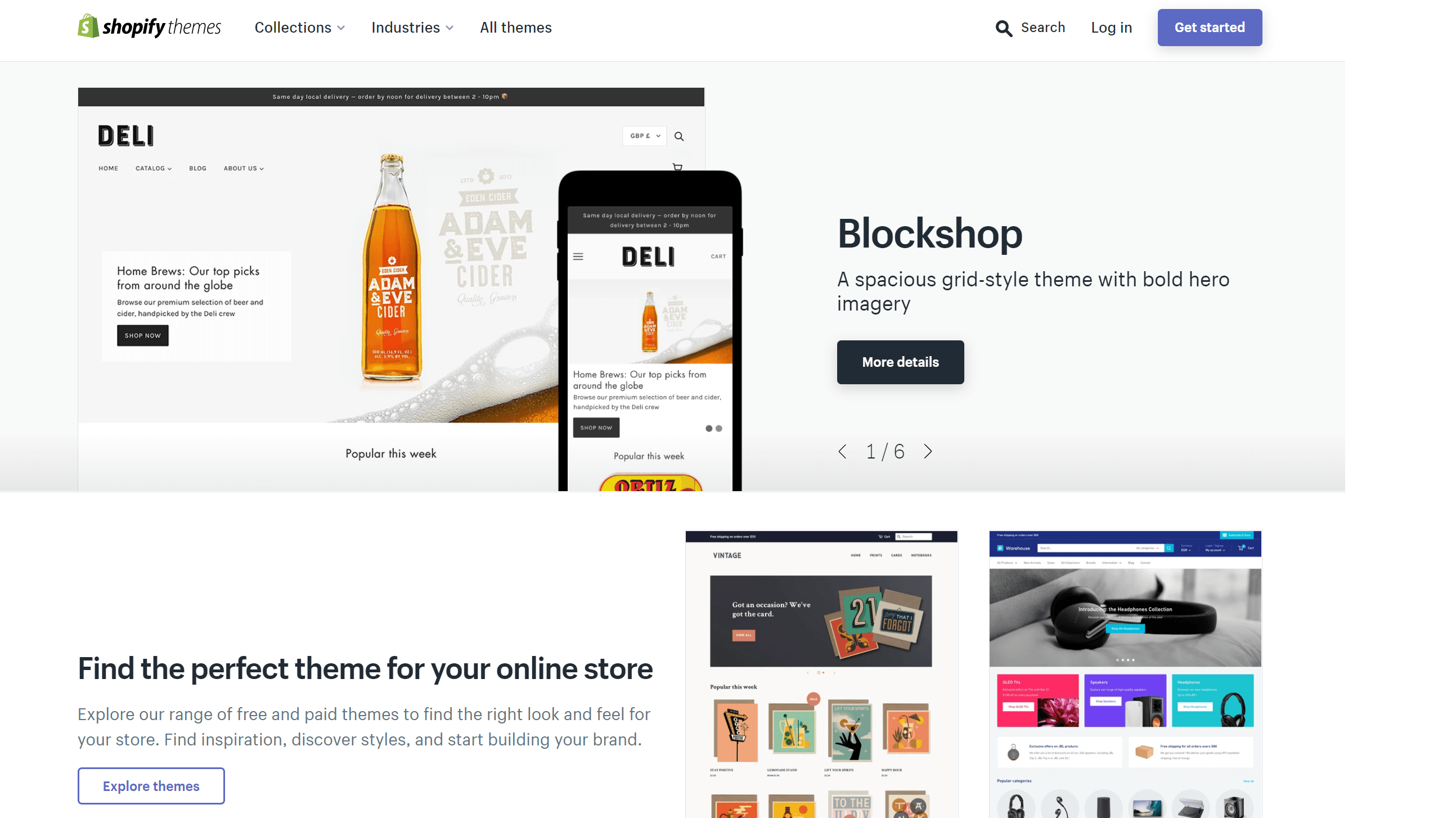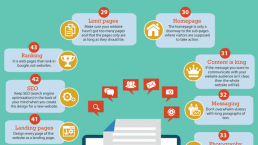In this Revenue Weekly video from the Tested Technologies YouTube channel, Will from the Internet Marketing team will cover choosing an ecommerce platform. He’ll explain some factors you need to consider when making a decision and two types of platforms you can choose from for your ecommerce website.
Transcript: If you have products to sell online and need help choosing an ecommerce platform, keep watching this video.
Oh!
With an online store, you can sell your products 24/7. So while you’re at home reading a book or cooking dinner, someone like me can be giving you their money.
Businesses that sell online are also better able to adapt to the changing retail environment.
I’m going to cover some things you need to know before choosing an ecommerce platform and compare a few different types of platforms so you know in which direction to go for your store.
What do you need to know before choosing your ecommerce store?
For starters, when it comes to how to choose an ecommerce platform, there’s really not one “best ecommerce platform for small businesses.” There may be pros and cons to each option, but the best ecommerce platform is the one that meets your business needs and capabilities.
One very important factor to consider is who will be managing your ecommerce site.
Different ecommerce platforms require different skill levels. Some can be updated without requiring a ton of work on the back end, meaning you don’t need to be a professional web developer to make changes to your website.
Other platforms are more complicated and require some understanding of code.
If you partner with an ecommerce web development agency — which I would recommend — you open yourself up to more options since you’ll have a team of highly-skilled professionals behind you.
Get it? Behind you? Okay, moving on.
Another major factor you need to consider is your budget.
How much can you afford to spend on an ecommerce platform?
If you spend $20,000 on your website and only make $19,000 in sales, you can probably choose a more affordable ecommerce platform.
You can take some action to boost sales, like implementing an SEO strategy or investing in ads, but that can potentially add a lot to your expenses.
Some ecommerce platforms are free to start, while others charge tens to hundreds of thousands of dollars, so knowing your budget can help narrow down your options.
A third factor to consider is how much inventory you sell — or plan to sell — in the future.
If you have a large catalog of items, you’ll need a more robust ecommerce platform, likely with many customization options.
Not every platform offers that, so you may hit a major roadblock if you make the wrong choice.
Speaking of choice, let’s go over a few different platform types.
Ecommerce platform comparison
First, I’ll explain two common — sort of overarching — platform types:
- Vendor-specific websites that are meant for only one business
- Online marketplaces that feature products from a number of different companies
Your website with built-in ecommerce features would be considered vendor-specific, while a platform like Amazon falls under the online marketplaces category.

You can certainly choose to have your own ecommerce site and also sell on a marketplace, but keep in mind that each platform you use costs money.
You can really break down the vendor-specific ecommerce platforms.
If you do a search for ecommerce platforms, you’ll see a lot of complex descriptions of each platform type. I’ll keep this simple…just like the platform type I’m going to talk about right now.
Probably the most user-friendly type of ecommerce platform is a website builder.
You might hear these sites referred to as SaaS ecommerce platforms, SaaS standing for software as a service.
These sites are meant to make setting up an ecommerce store easy.
You don’t need to have experience with code or a degree in computer science to create an ecommerce site with a website builder.
Basically, you can choose from a variety of themes, and then just drag and drop to make edits to the site.

Some examples of website builders are:
- Shopify
- Squarespace
- Wix
If you need your website to be completely customized with specific features, or you have a large number of products to sell, a website builder may not be right for you.
This leads me to the next type of ecommerce platform: One that requires you to know how to code.
Okay, that’s not the official term. Usually, people call these open-source ecommerce platforms.
An open-source ecommerce platform gives you more flexibility with your site, but you also take on more responsibility in managing everything.
You may need to find a web hosting provider or handle site updates on your own.
Plus, making changes isn’t as simple as clicking a button.
Some popular open-source platforms are Drupal and Magento.

If you do choose to take on more responsibility, I’d definitely recommend checking out our ecommerce checklist on our blog so you don’t miss any important steps.
And also, you can always reach out to our team to learn how you can get a customized ecommerce site. It’s what we do.
Just use this video as a jumping-off point for your ecommerce website research. Take your time and make sure you consider what you need before you spend big money.
Oh! And don’t forget about ecommerce SEO. You want a platform that allows you to fully optimize your site for search engines so people can find your products in their searches. You can check out our video on ecommerce SEO (or reach out to our team) to learn more.
Before you skip to the next video, just a friendly reminder to sign up for our digital marketing newsletter, Revenue Weekly, and also hit that subscribe button so you never miss out on the latest in digital marketing.
Happy shopping!
The post Choosing an Ecommerce Platform That Will Wow Customers appeared first on Tested Technologies Blog.
Related Posts
September 6, 2015
Infographic: 69 Web Design Tips
June 5, 2015



